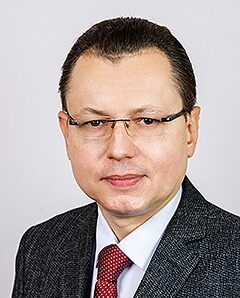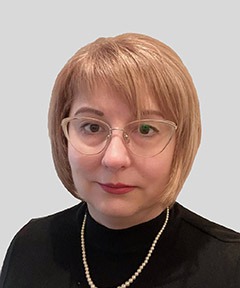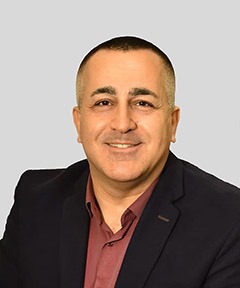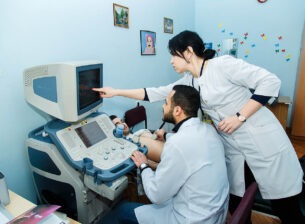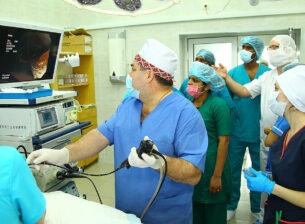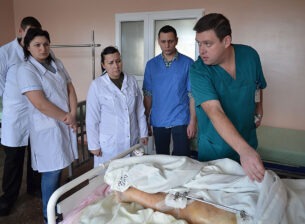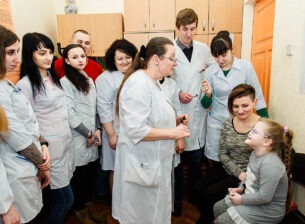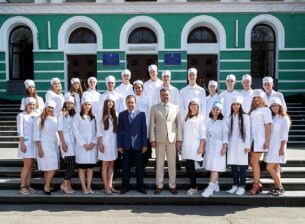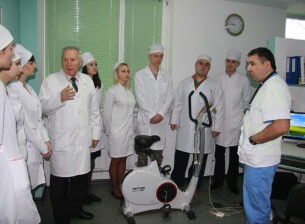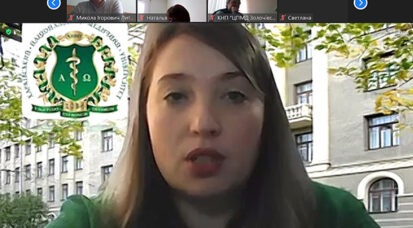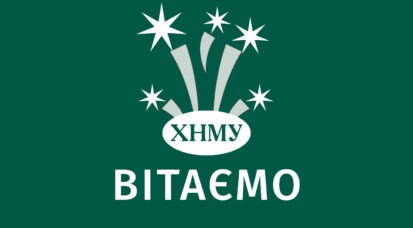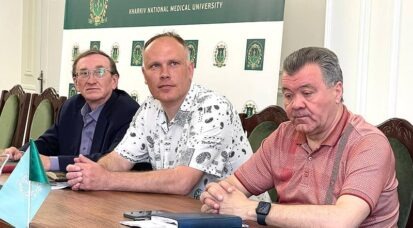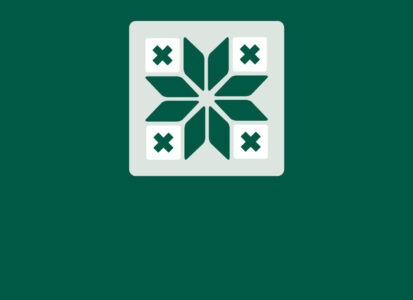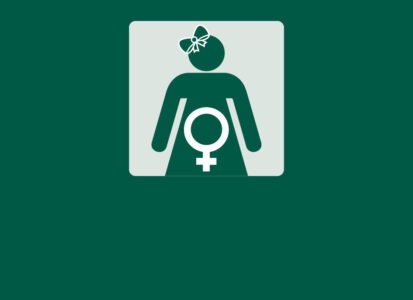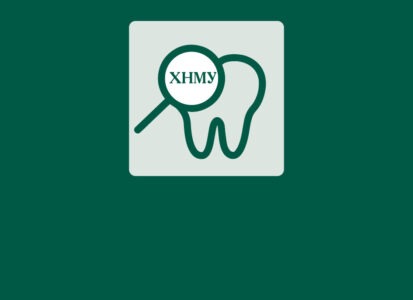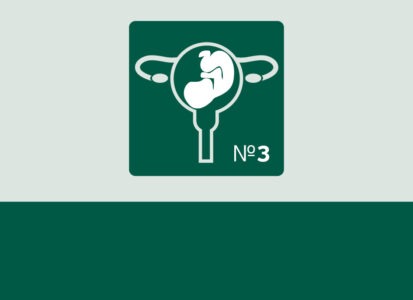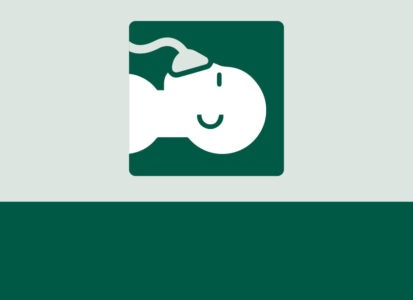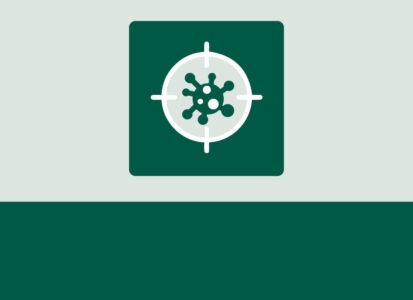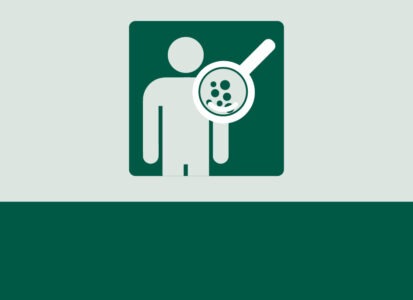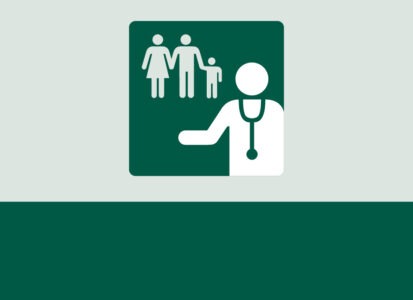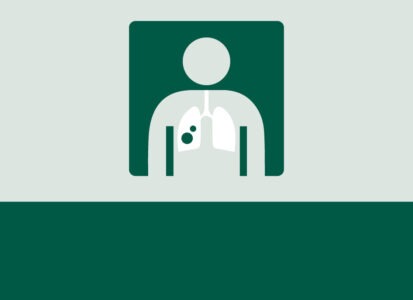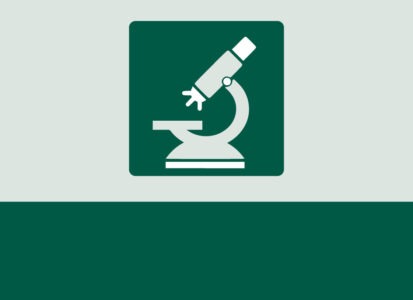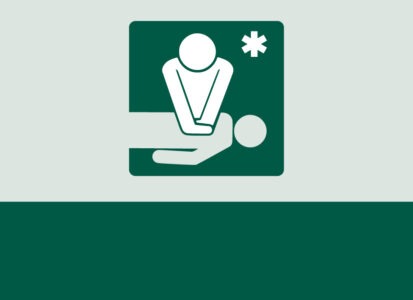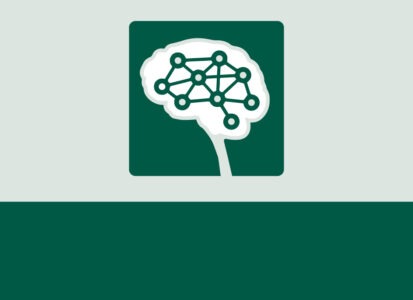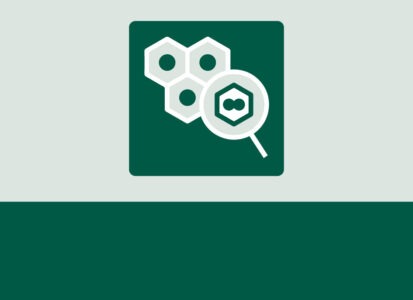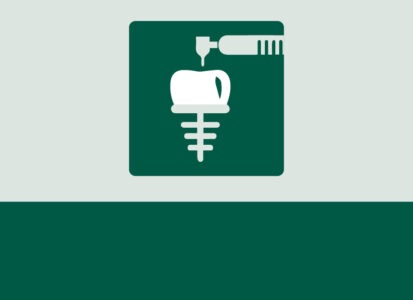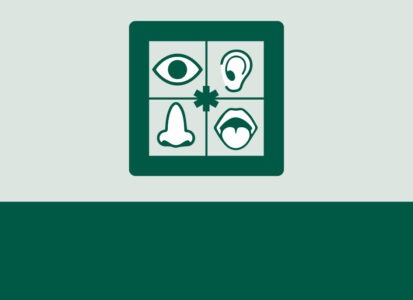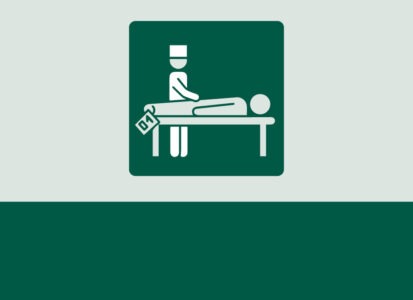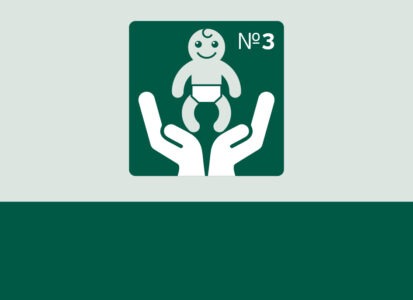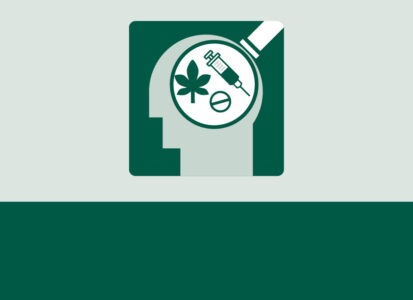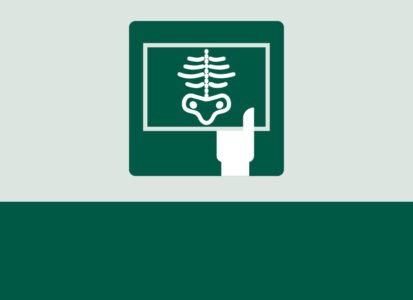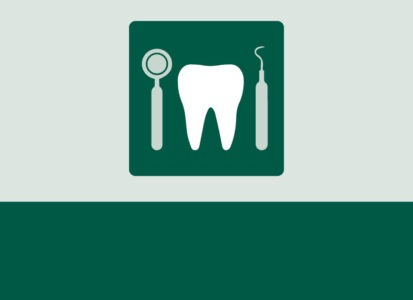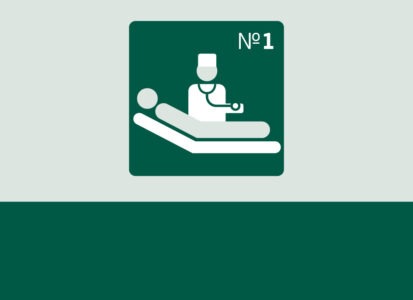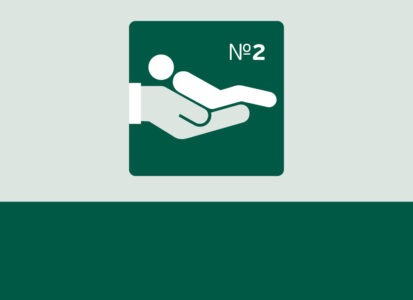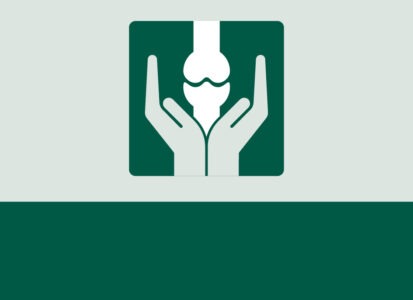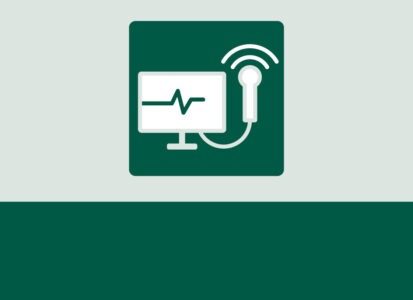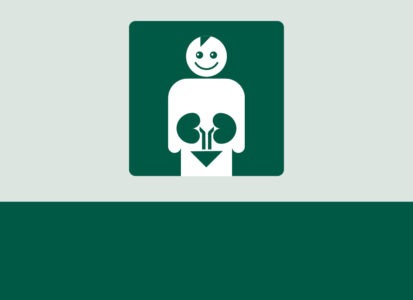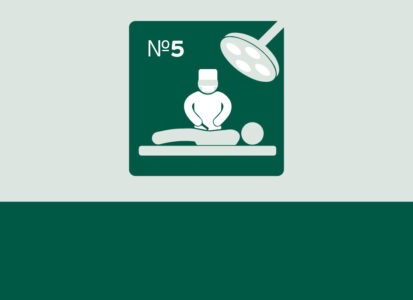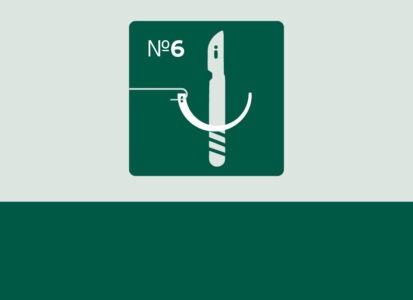Про нас
Діяльність Навчально-наукового інституту післядипломної освіти ХНМУ (ННІПО ХНМУ) спрямована на підготовку лікарів-інтернів, підвищення кваліфікації та спеціалізації лікарів за акредитованими спеціальностями у галузі знань 1201 «Медицина», підготовку магістрів за спеціальностями 011 «Освітні, педагогічні науки», 281 «Публічне управління та адміністрування» та підвищення кваліфікації науково-педагогічних та педагогічних працівників, підготовку немедичних працівників з надання першої невідкладної медичної допомоги.
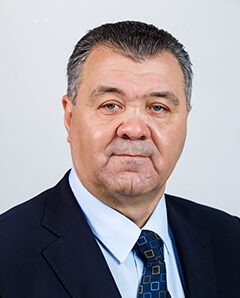
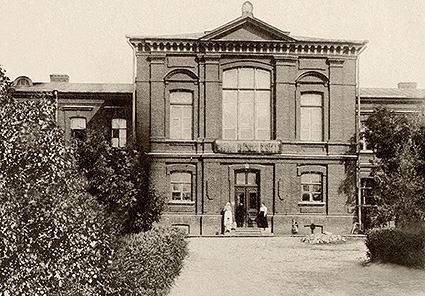
Медичний університет був одним із перших ВНЗ України, в якому за дорученням МОЗ СРСР розпочали експеримент із підготовки лікарів-інтернів. Навчання лікарів-інтернів на цьому етапі проводилося на базах практичної охорони здоров’я. Керувала підготовкою інтернів протягом десяти років від початку її організації академік Л.Т. Малая.
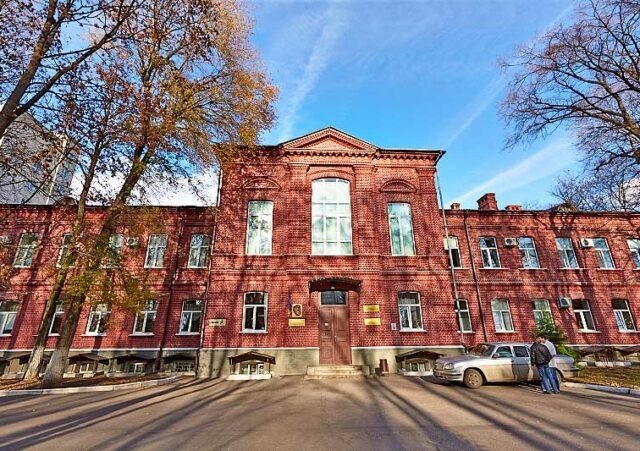
На кафедрах Інституту працює 152 викладачі, з них 27 докторів і 98 кандидатів наук.
Навчально-науковий інститут післядипломної освіти ХНМУ продовжує надавати освітні послуги з отримання другої вищої освіти за акредитованими спеціальностями «Освітні, педагогічні науки», «Публічне управління та адміністрування» за освітнім ступенем другого рівня вищої освіти та підвищення кваліфікації науково-педагогічних та педагогічних працівників, підготовку немедичних працівників з надання першої невідкладної медичної допомоги.
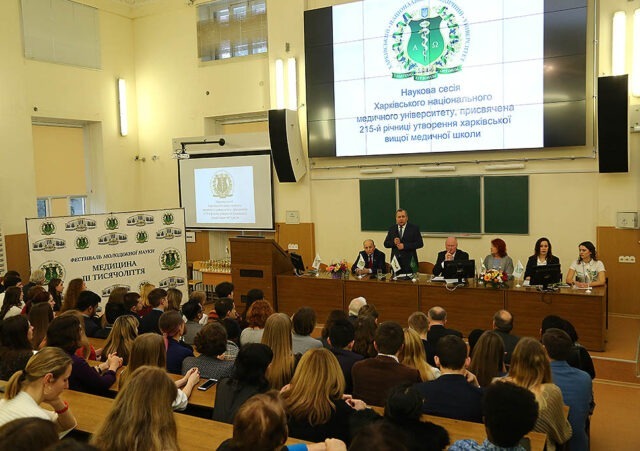
Міжнародне співробітництво є одним з найбільш пріоритетних напрямків діяльності Навчально-наукового інституту післядипломної освіти Харківського національного медичного університету, що сприяє вирішенню основних завдань інституту – підготовки висококваліфікованих фахівців, підготовки, перепідготовки та підвищення кваліфікації лікарів, реалізації системи безперервного професійного розвитку медичних кадрів, підвищення кваліфікації науково-педагогічних та педагогічних працівників, розробки пріоритетних напрямків медичної науки, надання висококваліфікованої медичної допомоги.
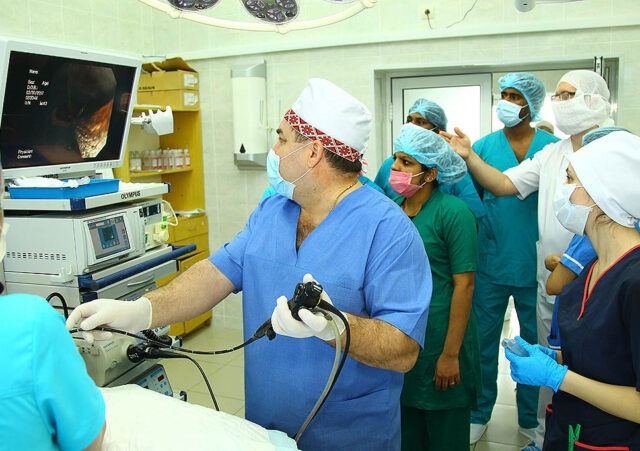
У складі навчально-наукового інституту післядипломної освіти налічується 9 клінічних кафедр. Вони розташовані на базах лікувально-профілактичних закладів міста Харкова і діють згідно з типовими угодами з клінічними базами, відповідно до наказу МОЗ України № 174 від 05.06.97 р.
Організація лікувальної роботи клінічних кафедр спрямована на впровадження нових ефективних методів профілактики, діагностики і лікування, забезпечення поліпшення здоров’я населення.

